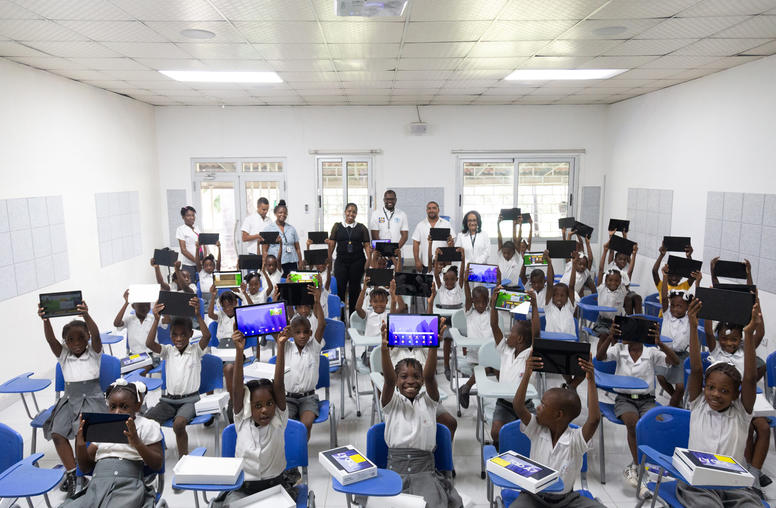Haiti's Drug Problems
At a White House meeting on May 8, President Bush promised Haitian President René Préval that the U.S. would do more to help Haiti fight drugs and drug traffickers. Haiti is a transshipment point for 10-15 percent of the cocaine that reaches the U.S. There is also a problem with drug addiction and trafficking in Haiti. What is the state of Haiti's effort to control narcotics? What assistance does the U.S. provide? These questions will be addressed by a panel of experts.
Speakers
- Alexander G. Toth
Chief, Latin America and Caribbean Section, Office of Enforcement Operations, Drug Enforcement Agency - Kevin Brown
Caribbean and Central American Director, International Narcotics and Law Enforcement Bureau, U.S. Department of State - Leon Charles , (Invited)
Minister Counselor, Embassy of Haiti and former Director General of the Haitian National Police - Marie-Claude Rigaud, MD, MPH
Distinguished Life Fellow, American Psychiatric Association - Robert Perito, Moderator
U.S. Institute of Peace


